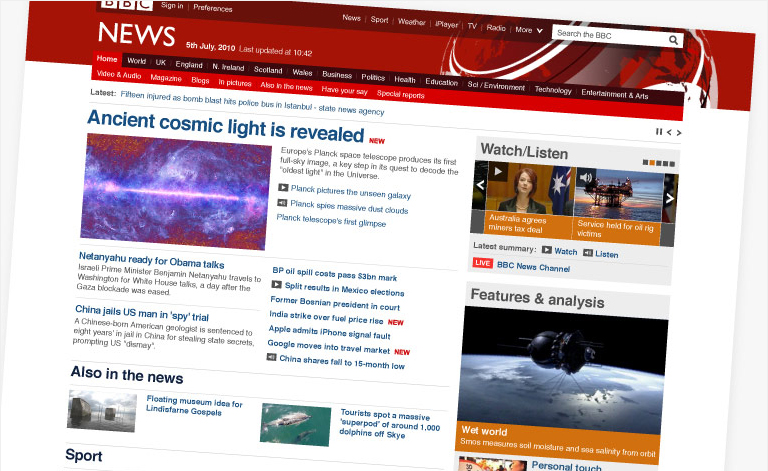The BBC’s coverage of today’s local elections will feature live blogging, with comments being expertly sifted by Newsnight and BBC News 24 presenter Emily Maitlis, assisted by leading political bloggers Iain Dale, Luke Akenhurst and Alix Mortimer.
The elections see 4000 seats up for grabs at 159 councils nationally, along with the London Mayoralty and the London Assembly.
“It’s become increasingly clear that the web has something extra to offer on election night. An elaborate network of opinion formers, activists and analysts collide online producing fact, rumour, and mood not found anywhere else.” Craig Oliver, editor of BBC News at Six and BBC News at Ten, wrote on the BBC Editors Blog.
“While guarded politicians offer the official line on radio and TV, the web provides the unvarnished truth about what the parties are really thinking.”
Harnessing new web technology for election coverage is not exclusively the domain of national big guns. The Liverpool Daily Post and Liverpool Echo will have reporters at each of the 10 vote counts in the area, who will feed to a live blog accessible on both sites.
There will be newspaper staff at three of the counts – Liverpool, Wiral and Knowsley – using mobile phone technology to stream live reports and a TV unit will produce a video package of events. The final video version is expected to go live by 7am in time for the morning rush.
“Harnessing the new technology on the Post and Echo sites will enable us to bring the most comprehensive coverage of local elections to readers who now demand nothing less,” said Alastair Machray, editor of the Liverpool Echo, in a press statement.
The titles attempted online election coverage last year, which was viewed by over 4,000 people. The sites have since been relaunched and with improved technology the two expect the coverage to be a hit with voters.


